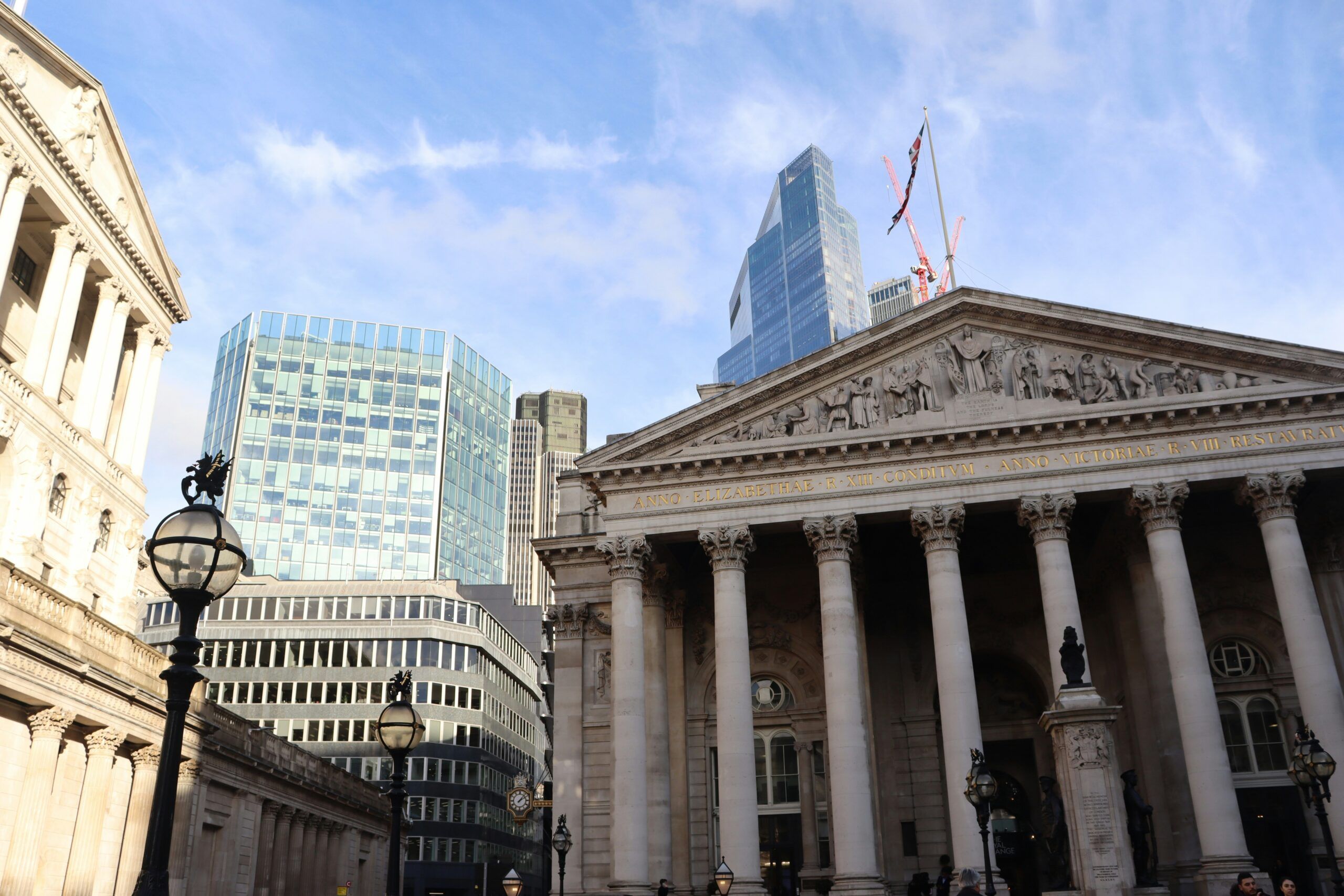
The Bank of England Cuts Interest Rates
On Thursday, 9th August the BOE (Bank of England) cut interest rates by 25 basis points to 4% and in the process, the MPC (Monetary Policy Committee) took borrowing costs to its lowest level since March 2023. However, this was no ordinary MPC meeting as for the first time in its 23-year history the vote was deadlocked and the committee took the unprecedented step of voting twice, with the vote finely split by 5–4 in favour of a rate cut. The decision by the MPC saw two senior voting members (Chief Economist Huw Pill and Deputy Governor Clare Lombardelli) vote against Governor Andrew Bailey, with officials being deeply divided over the direction of interest rates, with the United Kingdom not only experiencing a cooling labour market but a resurgence in inflation.
The last time the MPC cut interest rates was in May of this year and since then the opposition to interest cuts has unexpectedly grown, however as seen above the two dissenting votes for a rate cut helped win the day. The BOE is still sticking with its overall guidance informing the financial markets that rate cutting will be “gradual and careful” whilst warning of a cooling in demand for workers and an emerging slack in the economy. The Governor of the BOE Andrew Bailey reiterated previous comments by saying “it remains important that we do not cut bank rate too quickly, or by too much”. The MPC also pointed out that they expect inflation to hit 4% in September – up from the previously advised figure of 3.7%.
Elsewhere tax data suggests that since the Labour Government announced plans to increase employers’ payroll tax and the minimum wage, 185,000 jobs have been lost. Data from the BOE’s own survey of firms show a growing stagflation risk, and in the upcoming year, they expect businesses to put up their own prices by circa 3.7%. Indeed, the MPC further advised that since May of this year upside risks to the consumer price had moved slightly higher with particular emphasis towards rising food bills, and they went on to say that the outlook for employment growth over the next 12 months has deteriorated and the expectations on wage growth remains at 3.6% which is somewhat sticky and has become a bit of a hot potato.
Governor Bailey at a press conference once again insisted that interest rates are on a downward path and that the current inflation figure will only be temporary, but he was somewhat evasive and wary about when they will announce the next interest rate cut. Money market traders have reduced their bets on a November cut to under 50%, especially as Governor Bailey went on to say, “there is, however, genuine uncertainty now about the course of interest rates”. Experts suggest that the BOE is very worried that inflation may well persist as the current headline figure is way above the benchmark target, and there is the possibility that policymakers are considering ending the easing cycle.
Analysts suggest that there are interesting times ahead at the BOE especially as the world waits and sees the effect of President Trump’s tariffs on world trade and the global economy. Furthermore, Thursday’s interest rate cut was the most divisive under the five-year stewardship of Governor Bailey, plus no Deputy Governor has ever voted against Governor Bailey, that is until Claire Lombardelli’s dissenting vote. Such dissent from the Deputy Governor is highly unusual and highlights the deep fractures within the MPC as to how to tackle the resurgence in the current price pressures. The labour party happily points out that under their government borrowing costs have been coming down, but those rates dictated by the financial markets have been going in the opposite direction with the 30-year gilt yield prior to the BOE’s interest rate cut standing at 5.43%. After the BOE’s announcement last Thursday the 30-year gilt yield stood at 5.32%. Some commentators have made a somewhat damning point in that perhaps within the Bank of England there are those who are perhaps politically motivated and not so independent as we are led to believe.
Some experts suggest that the MPC in lowering the borrowing rate is in direct conflict with their prediction of inflation increasing and this despite the fact the United Kingdom has the highest inflation rate within the G7. Furthermore, analysts point out that since April, the pound has dropped 1.5% and 2.5% against the US Dollar and the Euro respectively leaving the pound open to further falls whilst pushing inflation up through higher import prices.
The current disagreements will also impact policymakers and their decisions as to how to tackle the current uplift in inflation and with the Governor and Deputy Governor seemingly split on monetary policy, Governor Bailey’s vote will become more and more important as the United Kingdom approaches the end of the year.
You may also like
- Digital Markets at Odds Over the Future of Bitcoin in 2026
- The Bank of Japan Raises Interest Rates to Their Highest Level in 30 Years
- European Central Bank Holds Interest Rates
- Decoding the Fine Print: Key Terms in a Loan Agreement Every Director Should Know
- Unlock Global Trade: Your Guide to Cash Flow Lending for High-Volume Importers

Other facilities
IntaCapital Switzerland | Copyright © 2025 | All Rights Reserved